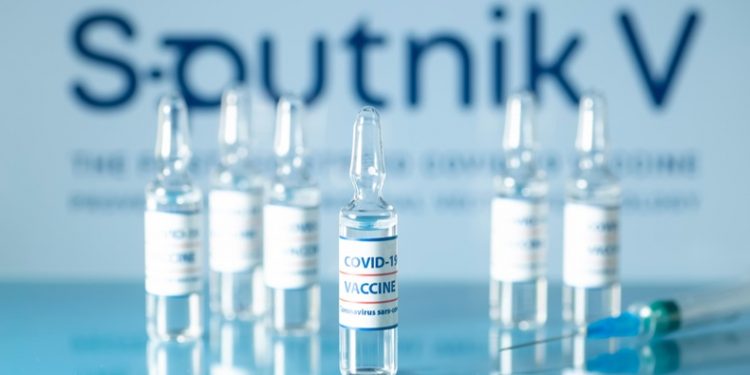Moscow: A poll conducted by Russia’s top independent pollster Levada Center shows that 62% of Russians are reluctant to get vaccinated with Sputnik V coronavirus vaccine.
The survey conducted in February doesn’t augur well for the vaccine maker even though another study published the same month in the British medical journal the Lancet showed that Sputnik V is 91% effective and appears to prevent inoculated individuals from becoming severely ill with COVID-19.
Russia has been actively marketing Sputnik V abroad, despite the comparatively slow rollout at home and limited production capacities. Dozens of countries have approved the use of Sputnik V, and many have signed deals with the Russian Direct Investment Fund that bankrolled the vaccine to get shipments of the shot.
Russian authorities have given regulatory approval to three domestically developed shots — Sputnik V, EpiVacCorona and CoviVac. All three received authorization before completing advanced trials experts say are necessary to ensure their safety and effectiveness in line with established scientific protocol.
No data on efficacy of the two other vaccines have been released.
Meanwhile, Russian President Vladimir Putin said Wednesday he got his second COVID-19 vaccine shot, three weeks after getting the first dose.
The Russian leader announced getting the jab, which was kept out of the public eye, at a session of the Russian Geographical Society, in which he took part via video link.
“Right now, before entering this hall, I have also gotten the second jab. I hope everything will be fine. I don’t even hope as much as I’m sure of it,” Putin said.
The president told reporters after the event that he didn’t experience any adverse effects after the second shot. “As you see, everything is normal, no side effects,” Putin said, adding that doctors told him he developed “a good immune response” after the first shot.
Putin got his first coronavirus shot March 23, also out of sight of the cameras, and the Kremlin wouldn’t reveal which of the three vaccines currently approved for use in Russia the president has taken.
The Russian leader’s vaccination comes several months after widespread immunization against COVID-19 started in Russia — a delay that puzzled many, with some critics arguing that it was contributing to the already existing public hesitancy about the vaccine.
AP






































